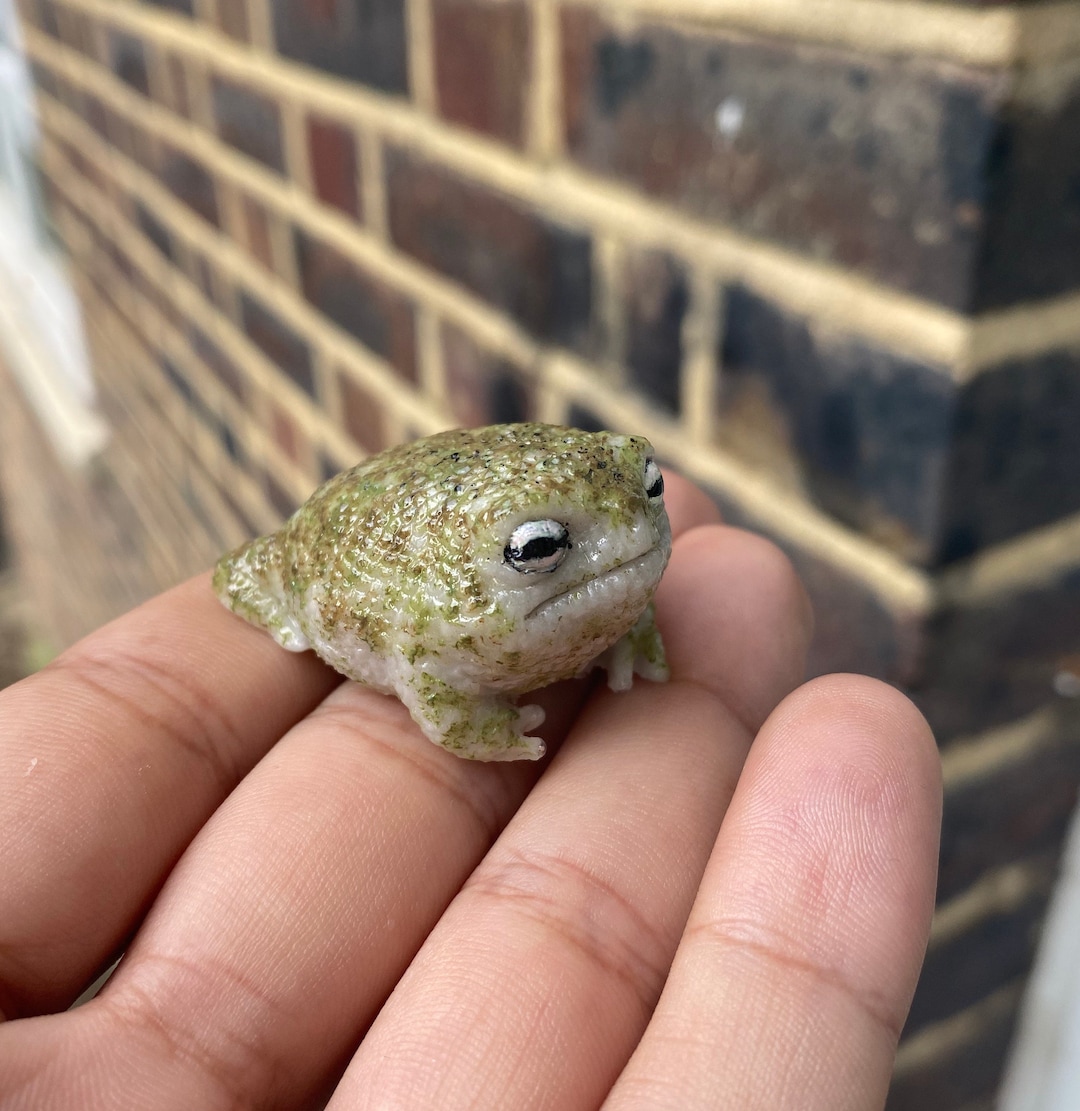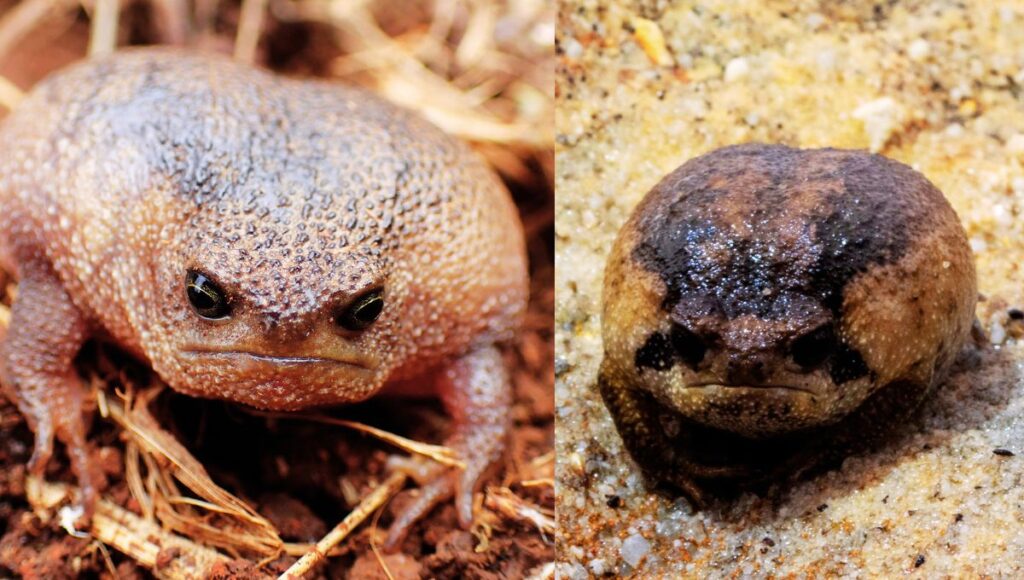Get Your Hands on a Rain Frog for Sale: Experience the Happiness of Distinct Pet Possession!
Common Health And Wellness Issues in Reptiles: Signs and Solutions
In the complex world of reptile care, understanding the usual wellness problems that might impact these distinct creatures is paramount in guaranteeing their health. From breathing infections that can quietly take hold to metabolic bone conditions that can disable, reptiles are prone to a series of ailments that call for keen observation and prompt intervention. Whether it's facing parasitical infestations, browsing dehydration worries, or attending to skin ailments that manifest in refined means, being attuned to the symptoms and outfitted with the understanding of effective remedies is necessary for any reptile proprietor. By delving further right into the nuances of these wellness problems and discovering the functional remedies offered, one can safeguard the wellness and vitality of these interesting pets.
Respiratory System Infections
Respiratory infections in reptiles can considerably affect their overall health and call for prompt interest from skilled veterinarians. These infections are frequently created by viruses, fungi, or bacteria and can manifest through symptoms such as hissing, nasal discharge, open-mouth breathing, and sleepiness. In reptiles, breathing infections can be specifically testing to detect and treat because of their distinct anatomy and physiology. Vets often count on a mix of checkups, analysis imaging, and lab tests to accurately recognize the underlying source of the infection.
Therapy for respiratory system infections in reptiles generally involves a mix of helpful treatment, such as keeping appropriate humidity degrees and temperature slopes in the enclosure, along with targeted medicine to resolve the certain pathogen in charge of the infection. It is essential for reptile proprietors to monitor their pet dogs carefully for any kind of indications of respiratory system distress and seek vet treatment at the earliest indication of a concern. With timely treatment and ideal treatment, several reptiles can recover fully from breathing infections and return to normal activities.

Metabolic Bone Illness
What variables add to the development of Metabolic Bone Illness in reptiles?
Metabolic Bone Condition (MBD) in reptiles is primarily caused by an absence of correct calcium, phosphorus, and vitamin D3 degrees in their diet regimen. In addition, poor direct exposure to UVB light prevents reptiles from manufacturing vitamin D3, which is crucial for calcium absorption and bone health.
Other adding variables to MBD consist of incorrect temperature gradients within the reptile's habitat, leading to lowered metabolic process and impaired calcium absorption. Insufficient moisture degrees can likewise impact a reptile's ability to metabolize calcium properly. In addition, specific reptile types have specific nutritional demands that, if not fulfilled, can boost the possibility of developing MBD. Regular vet examinations, proper husbandry techniques, and a well balanced diet are essential to protect against Metabolic Bone Illness in reptiles.
Parasitic Invasions
Parasitic invasions pose a considerable health danger to reptiles, influencing their general wellness and needing punctual veterinary interest. Reptiles can be influenced by various parasites, consisting of termites, ticks, internal worms, and protozoa. These parasites can trigger a series of symptoms, such as weight loss, lethargy, skin inflammation, looseness of the bowels, and even death if left unattended.
One common parasite discovered in reptiles is the mite, which can create skin anemia, irritability, and stress and anxiety. Ticks are another outside parasite that can transfer illness and create pain to the reptile. Inner bloodsuckers like worms and protozoa can bring about digestive system issues, poor nutrition, and deteriorate the reptile's body find immune system.
To identify a parasitical invasion, a veterinarian may carry out fecal tests, skin scrapings, or blood tests. Treatment often involves deworming medications, antiparasitic bathrooms, or in extreme situations, hospitalization. Preventative measures such as normal vet examinations, appropriate hygiene, and quarantine treatments for brand-new reptiles can assist reduce the risk of parasitical problems and make sure the wellness of reptile animals.
Dehydration and Hydration Issues
Dehydration in reptiles can substantially affect their health and health, requiring timely treatment and suitable hydration administration. If left without treatment, dehydration can lead to significant health and wellness issues and even be fatal to the reptile.
To avoid dehydration, reptile owners need to make certain that their pets have access to clean water in all times. The water dish need to be large sufficient for the click now reptile to take in if required, specifically for varieties that absorb water through their skin. Additionally, maintaining appropriate humidity levels in the reptile's unit and giving regular bathrooms can aid avoid dehydration.
In instances of dehydration, it is essential to look for vet treatment without delay. A vet may carry out fluids either orally or via shots to rehydrate the reptile. It is necessary to attend to the underlying source of dehydration to avoid reoccurrence and guarantee the reptile's overall health.
Skin Disorders

Conclusion

Respiratory system infections in reptiles can substantially affect their total health and call for prompt attention from experienced vets (rain frog for sale). Preventative measures such as normal vet check-ups, proper health, and quarantine procedures for brand-new reptiles can help minimize the risk of parasitical infestations and make sure the well-being of reptile pet dogs
If left without treatment, dehydration can lead to major wellness concerns and even be deadly to the reptile.
Routinely inspecting your reptile for any kind of changes in skin appearance, shade, or appearance can help in very early discovery and treatment of skin ailments, advertising the overall wellness and health of your flaky companion. - rain frog for sale
In final thought, reptiles are prone to different health and wellness issues such as respiratory infections, metabolic bone disease, parasitic invasions, dehydration, and skin disorders.